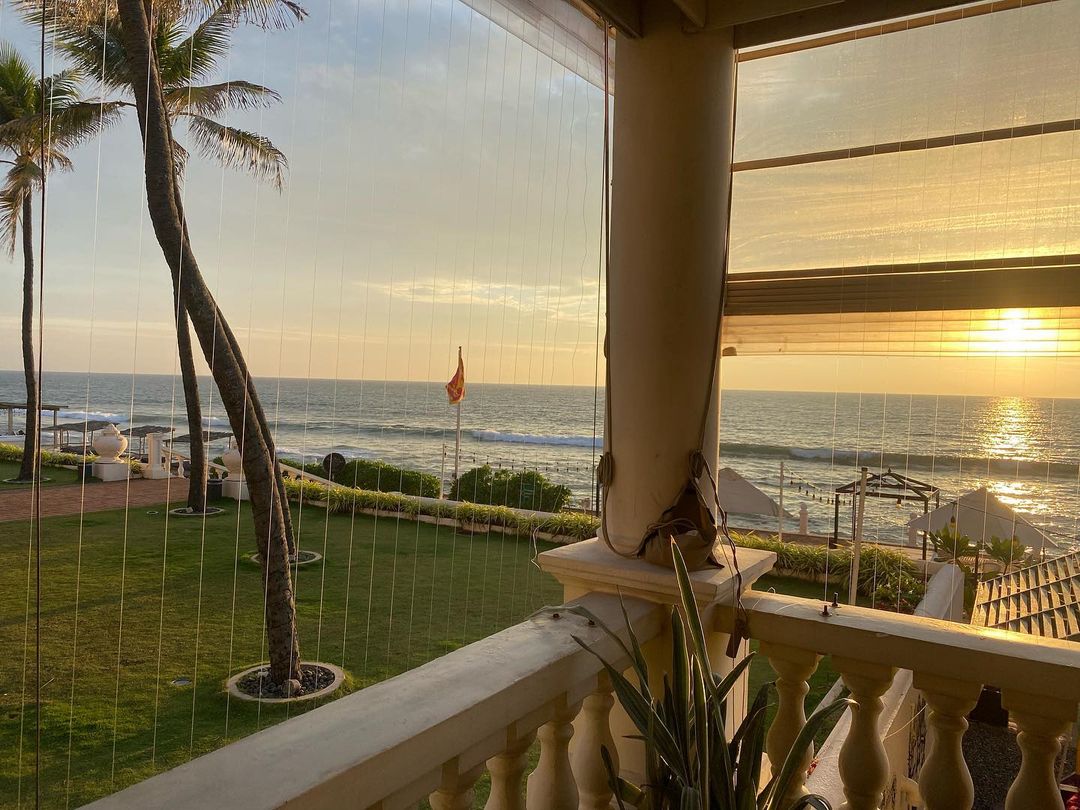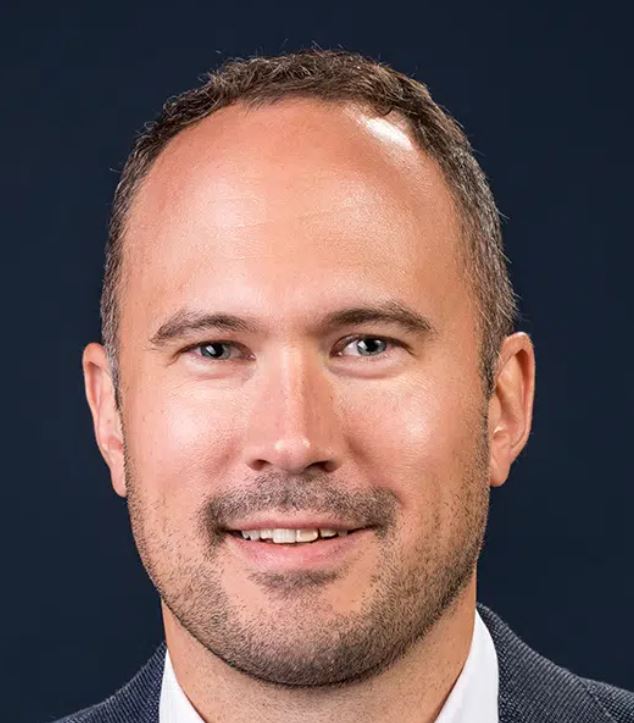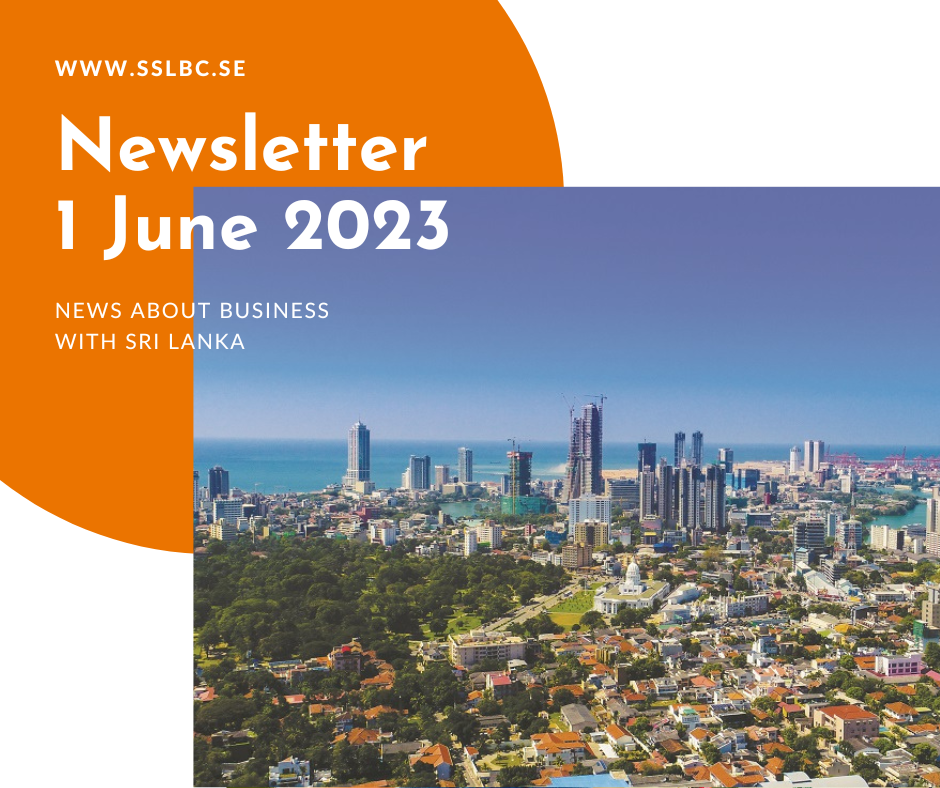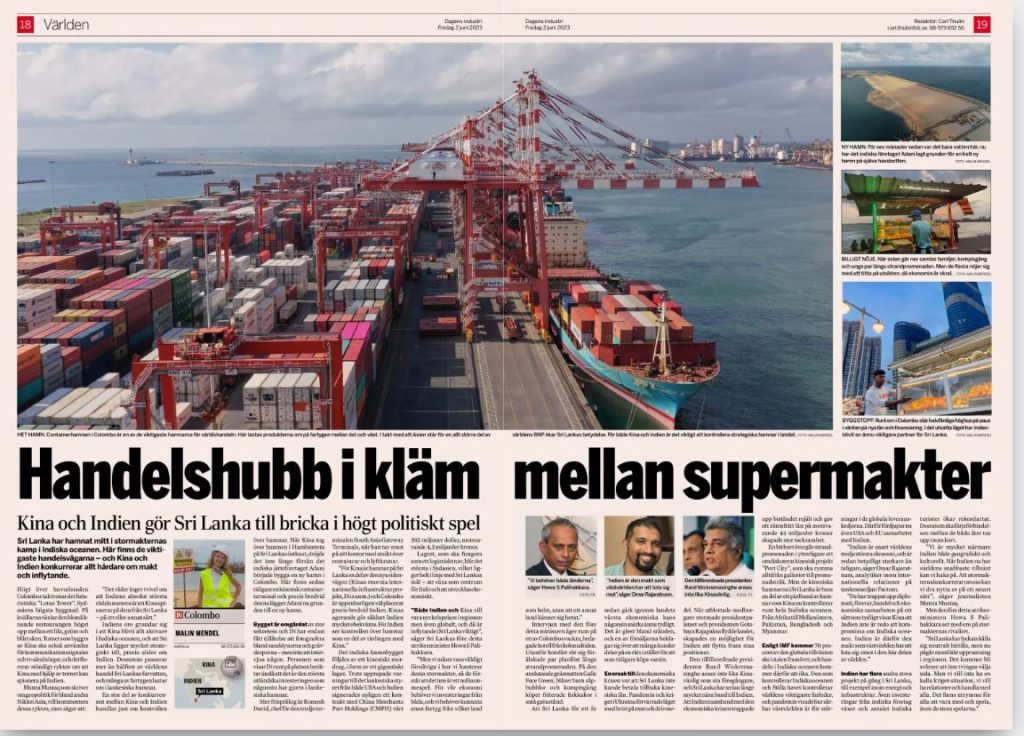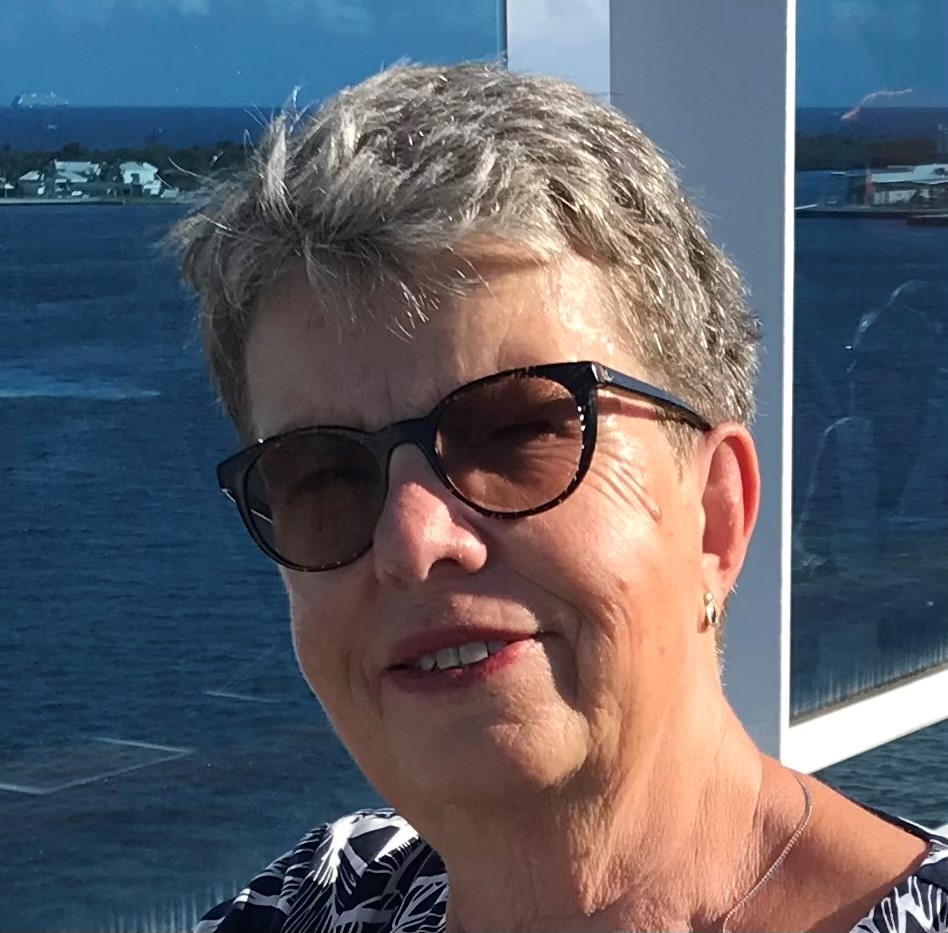”Social entrepreneurship and innovative startups can have an important role to play in solving societal challenges”
We met the scholarship holder Eric Deoul Raj, who, after studying leadership for sustainability for a year in Malmö, reflects on his experiences in Sweden and the changes he strives to achieve in Sri Lanka.
Hi Eric! A year has passed and you will soon graduate from the Leadership for Sustainability program at Malmö University. Looking back, what was the reason you applied to Sweden and SI’s scholarship for global professionals?
- I have a passion for sustainability, social entrepreneurship and community development. I was part of a variety of value chain and destination mapping projects in Sri Lanka, China, Papua New Guinea and East Timor. The search for innovative solutions for my region led me to Sweden and the SI scholarship. I saw that with the help of it I could improve my organizational skills and establish myself as a ’change agent’ in businesses that focus on social sustainability and storytelling for the climate. I hope that my intentions will lead to better results and thereby give others the best conditions to improve their lives.
Was your idea of Sweden as you imagined?
- As an advocate for sustainability, it was heartening to see Sweden’s commitment to sustainability and environmental protection, that private individuals and companies actively embrace sustainable methods and take responsibility for minimizing their environmental impact. I was lucky enough to gain practical experience of the circular economy by working for a Swedish startup that fights food waste. By coming into contact with a variety of like-minded people, I have really been exposed to different cultures and ideas. I now have a network that spans borders.
What is your most important lesson? Something you take with you in your work to support sustainable development and improve Sri Lanka?
- The most empowering thing that happened to me recently was the knowledge I gained through my Master’s program. Malmö University helped me gain knowledge about sustainable project management and design at the intersection between social innovations and entrepreneurship. I got a grip on my own ability to face complex issues and come up with design solutions for them.
- In order to challenge the status quo, it is of the utmost importance to involve several different stakeholders and facilitate knowledge sharing, resource gathering and collective problem solving. The startup community at Scania gave me the opportunity to make connections with co-founders and industry experts from different parts of the world who all strive to change their communities.
Where do you hope to be in 10 years?
- I believe that there is great potential for social entrepreneurship and innovation in startups and that they will play a decisive role in addressing societal challenges and creating a more sustainable and fair world. To that end, I want to use my personal story of change in the world to achieve small disruptions that can in turn contribute to large-scale change. My goal is to create measurable social and environmental change by creating a common platform and network that will connect social entrepreneurs, investors and mentors, enabling learning and collaboration on a global scale.
Text in Swedish
